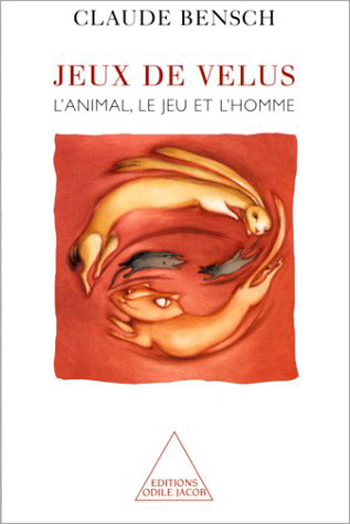Human Sciences All books

Jean-François Bensahel, Pierre d'Ornellas
Brothers, Apparently A serene and pacifist dialogue, at a time of great religious conflict
In a context of religious antagonism, a calm dialogue between Judaism and Christianity. An analysis of our time by two figures who do not minimize their differences but who seek, in a secular France, to establish common ground.
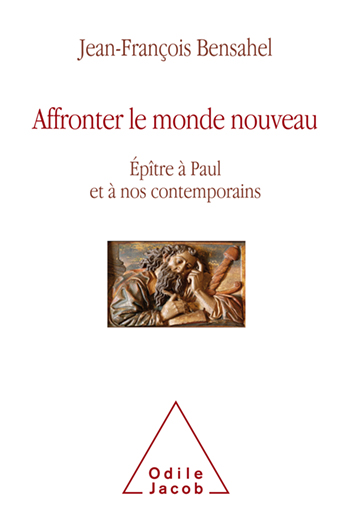
Jean-François Bensahel
Confronting the New World Epistle to Paul and to Our Contemporaries
It so happens that a man was confronted with the same challenges, experienced the same anguish...
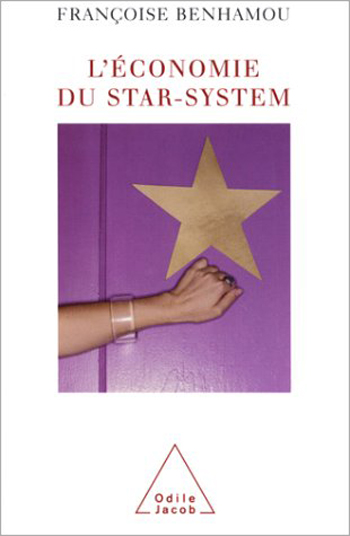
Françoise Benhamou
The Star-System Economy
We live in an age that spends fortunes on its stars. But why do we get the impression that the fees that stars receive and their popularity correspond less and less to their talent? Why does stardom seem to have so little to do with creativity and quality? Françoise Benhamou is an economist.
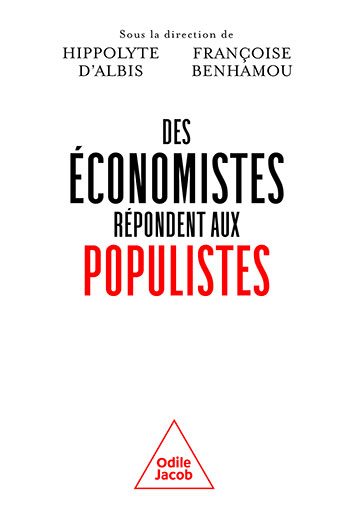
Hippolyte D'Albis, Françoise Benhamou
Economists respond to populists
In the arena where populists are rampant, the economic question is at the heart of the denunciation of the elites and 'their' policy...

Marc Bélit
The Love-sick Philosopher
A passionate and poisonous love affair in the world of Parisian intellectuals and political activists, in the late 1970s
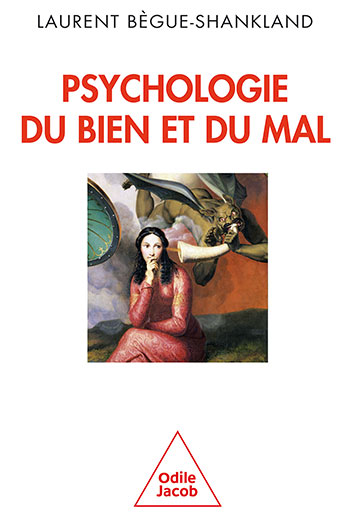
Laurent Bègue-Shankland
The Psychology of Good and Evil
How our idea of morality builds on and informs our personal life and our relationships
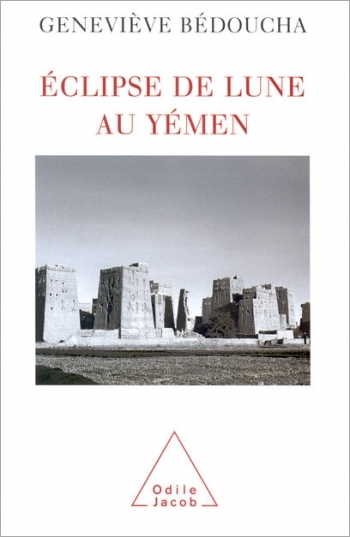
Geneviève Bédoucha
Lunar Eclipse in Yemen An Anthropologist's Emotions and Feelings of Bewilderment
This is a fascinating approach by a woman of a tribal society in a mountain valley in northern Yemen, near the Saudi Arabian border. Partly a travel book and partly a journal of the author's fieldwork, it restores an anthropologist's unique first-hand experience, questionings, hesitations and discoveries, from the first moments spent in an unfamiliar village. There are few anthropological works on Yemen, and even fewer about private life in rural societies in the hinterland of the former Arab Republic of Yemen (the author's fieldwork dates from the 1980s, before reunification). At the time, the presence of a female anthropologist led both men and women to talk openly, often jokingly and provocatively, of male-female relations, and it seemed to encourage women to voice strong criticisms of male behaviour and privileges. The women's comments reveal them to be lucid independent thinkers, and not at all submissive. This book is an invitation to discover a little-known rural community at close quarters, and to penetrate the secret universe of Yemen's many-storied mud houses. It reveals relations between men and women in a closed, but curious and hospitable, Muslim Arab society. An anthropologist and research fellow at the Centre National de la Recherche Scientifique (CNRS), Geneviève Bédoucha is a specialist in the relations between socio-political structures and irrigation systems in Arabic and Islamic societies.

